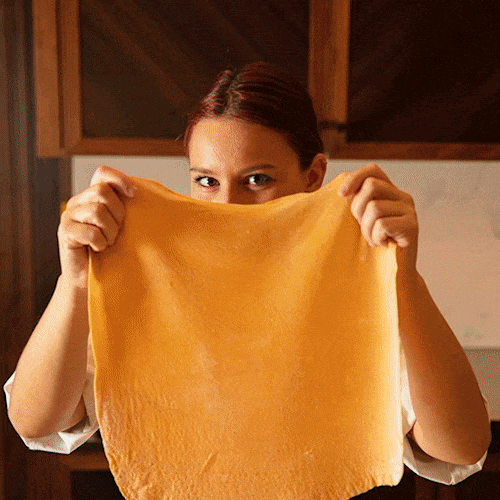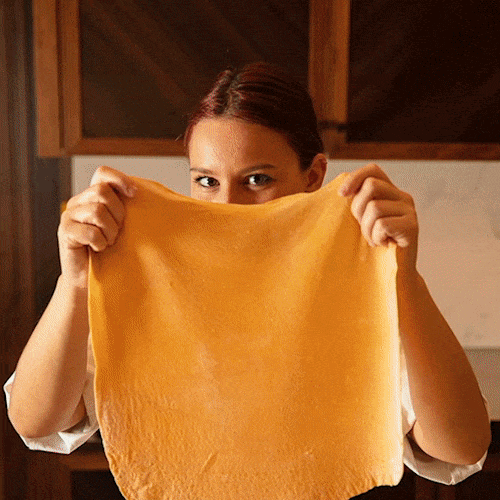The ‘IB’, as students call it, was conceived in Switzerland over 50 years ago to offer a consistent syllabus for the children of diplomats who’d find themselves switching schools and countries as they travelled with their parents.
But in the globalised 21st century, the A-level equivalent is, naturally, considered to transcend national boundaries. Employers, too, are more aware of the IB and will recognise it on a resumé.
If you’re a cosmopolitan ‘Citizen of Everywhere’, the IB is the school-leaving qualification you can wear as a badge of pan-national pride. Its admirably ambitious mission statement reads, “The International Baccalaureate aims to develop inquiring, knowledgeable and caring young people who help to create a better and more peaceful world through intercultural understanding and respect.”
Furthermore, IB graduates feel that the syllabus is not only more varied and progressive than British A-levels, it also prepares young students better for the independent research, essay writing and analysis required to complete a university degree. Indeed, the notoriously rigorous Sevenoaks School just outside London – an institution dating back to 1432 – now teaches the IB instead of the UK’s long-established A-levels.
The British system for 17 to 18-year-olds has come under fire for allegedly becoming ‘easier’ for political reasons, and the IB arguably offers a more varied education for students who are not wishing to specialise. “The IB isn’t for everyone – of course A-levels will suit some students better,” says Quintessentially’s head of education Jess Harris, “especially those who do want to specialise – there are people studying medicine at Oxford who couldn’t write a history essay, and vice versa.”
To be clear, no-one is claiming that the IB is a ‘better’ alternative to A-levels across the board. “The student and the pathway they wish to pursue will determine which curriculum is going to be better suited to them,” advises Jess, “The IB certainly holds significant merit for students who want to keep a broader number of subjects and who aren’t yet ready to choose their specialisms at the age of 15! But it can also be challenging for certain students to remain strong across all subjects at the later stages of education.”
IB students study six subjects from a list of disciplines. Staples like history and chemistry are included, next to more specialised topics, including philosophy and psychology. But there are some significant differences between the IB and A-levels. All students take maths, for example – but they can choose from a range of difficulties, with the higher levels offering more ‘points’ to an eventual total out of 45.
Another mandatory course from the six is ‘Theory of Learning’ that teaches the art of academia itself. While some students initially find it daunting, it provides a foundation for the style of learning they encounter at university, and is widely regarded as being tremendously helpful to freshmen undergraduates.
The wider range of the IB offer clearly allows more flexibility to students who don’t yet wish to specialise. Adaptability can also bolster a university application to the US, for example: “In America, you apply to the university, not to the course. It’s a ‘liberal arts’ approach where you study subjects that aren’t just your major. The IB arguably prepares you for this,” says Jess.
It’s worth pointing out that it’s the International Baccalaureate Diploma Program for 16 to 18-year-olds that is realising its potential, and the IB syllabus for younger children is perhaps not quite as evolved. “The ‘Middle Years Program’ and ‘Primary Years Program’ haven’t been in development for quite as long, and have been criticised for not providing the same foundations as we see here in the British Curriculum,” says Jess.
In a world where it’s wise to have a plan ‘B’, an alternative to the UK system is certainly welcome. And the IB diploma isn’t simply a passport to higher education in a new territory – it can develop a more adult sense of learning that provides a splendid foundation not only for work life but for personal development, too.
For help on getting your child on the right path to university – via the International baccalaureate or A-levels - please don’t hesitate to contact Quintessentially’s education specialists today: [email protected] or +44 (0) 203 073 6839




